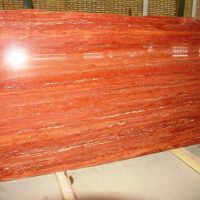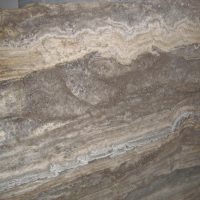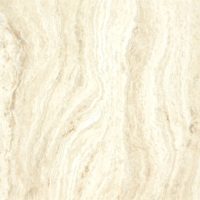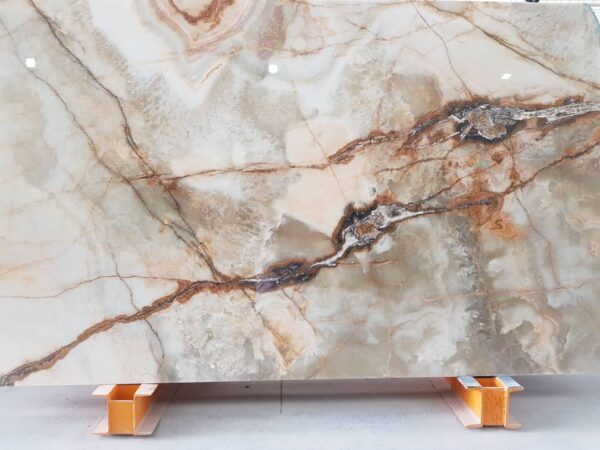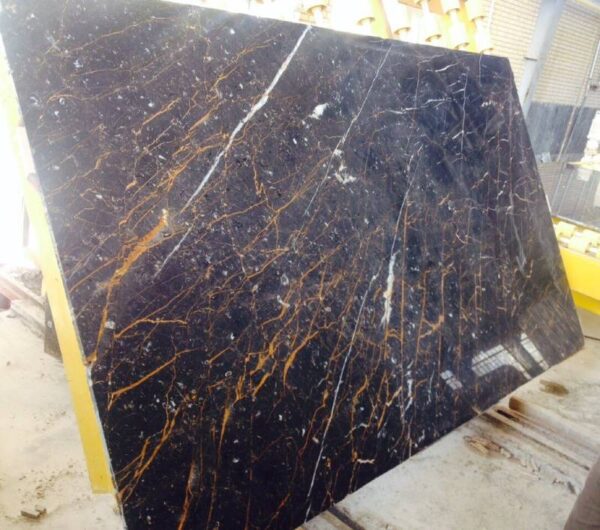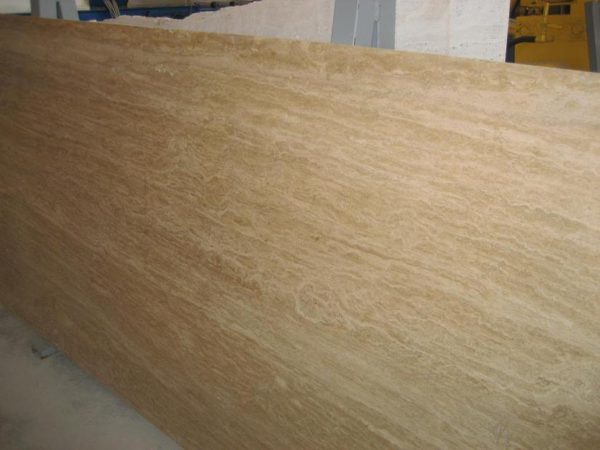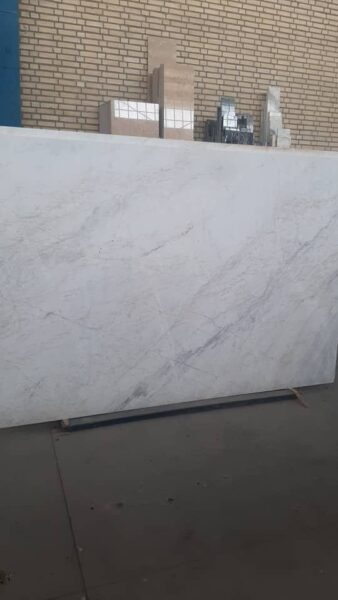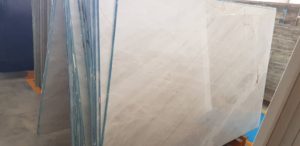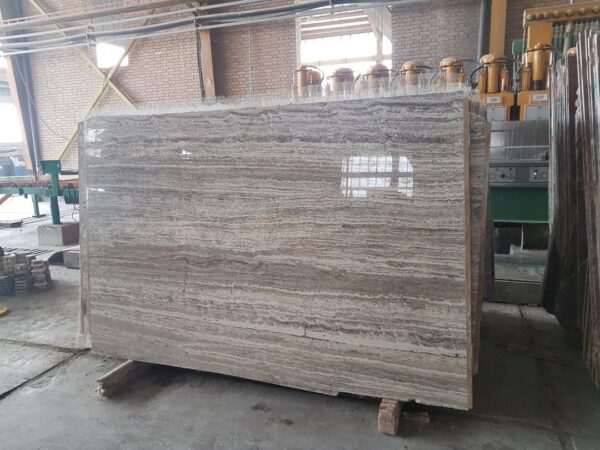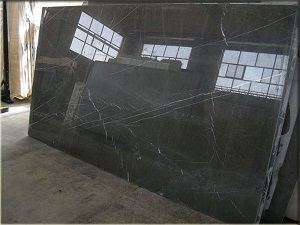Here’s What You Need to Know
Travertine is a beautiful and versatile natural stone often used in flooring, countertops, and outdoor spaces. While it adds elegance to any space, many homeowners wonder if sealing travertine is necessary. So, should you seal travertine? Let’s explore why sealing is crucial for protecting this delicate stone and maintaining its beauty for years.
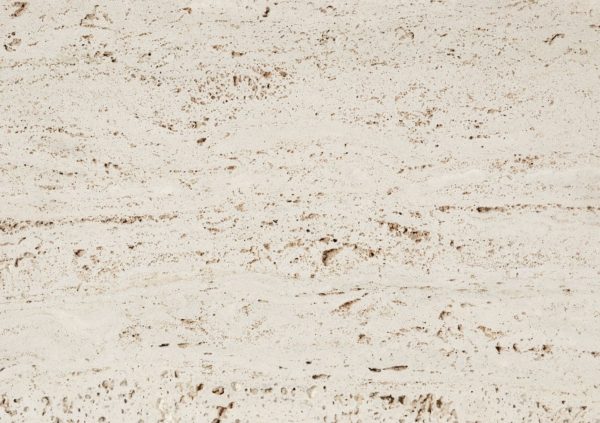

What Happens If You Don’t Seal Travertine?
Travertine is a porous stone, meaning it can easily absorb water, dirt, and other substances. Without proper sealing, travertine can become stained, discolored, or even damaged. Unsealed travertine is more prone to:
- Stains: Wine, juice, oil, or dirt can easily seep into the stone, causing permanent stains.
- Wear and Tear: Heavy foot traffic can wear down the stone’s natural finish.
- Moisture Damage: Bathrooms, kitchens, and outdoor areas exposed to water are at risk of water damage, which can lead to mold growth or weakening of the stone.
Sealing your travertine helps protect it from these common issues.
Benefits of Sealing Travertine
1. Protection from Stains and Spills
Sealing creates a protective barrier on the surface of the stone, making it less porous. This prevents liquids and dirt from penetrating the stone, which helps to avoid permanent stains. If your travertine is installed in high-traffic areas or places exposed to spills, like kitchens or bathrooms, sealing is essential.
2. Enhancing the Stone’s Natural Beauty
Sealing also helps to enhance the natural color and patterns of the travertine. It can give the stone a slight sheen or enhance the rich earthy tones that travertine is known for. Some sealers even provide a wet look, making the stone appear more vibrant.
3. Easier Cleaning and Maintenance
A sealed surface is much easier to clean than an unsealed one. Dust, dirt, and grime will sit on the surface, and a quick wipe is all it takes to clean sealed travertine. This reduces your cleaning time and helps maintain a pristine appearance with minimal effort.
4. Longer Lifespan for Your Investment
Travertine is a significant investment. Sealing the stone not only protects it from damage but also extends its lifespan. You’ll enjoy a longer-lasting, beautiful surface when you seal it regularly.
How Often Should You Seal Travertine?
While sealing is highly recommended, it’s important to know how often you should reseal your travertine. Typically, you should reseal every 1 to 2 years depending on the usage and exposure to elements like moisture and UV rays. For high-traffic areas, you may need to reseal more frequently to ensure continuous protection.
Cream travertine Special wholesale price
FAQs About Sealing Travertine
- Can you seal travertine yourself? Yes, but professional sealing is often recommended for the best results.
- What type of sealer is best? Penetrating sealers are typically used for travertine as they protect without altering the stone’s appearance.
- How do you know when it’s time to reseal? When water no longer beads on the surface, it’s time to reseal.

